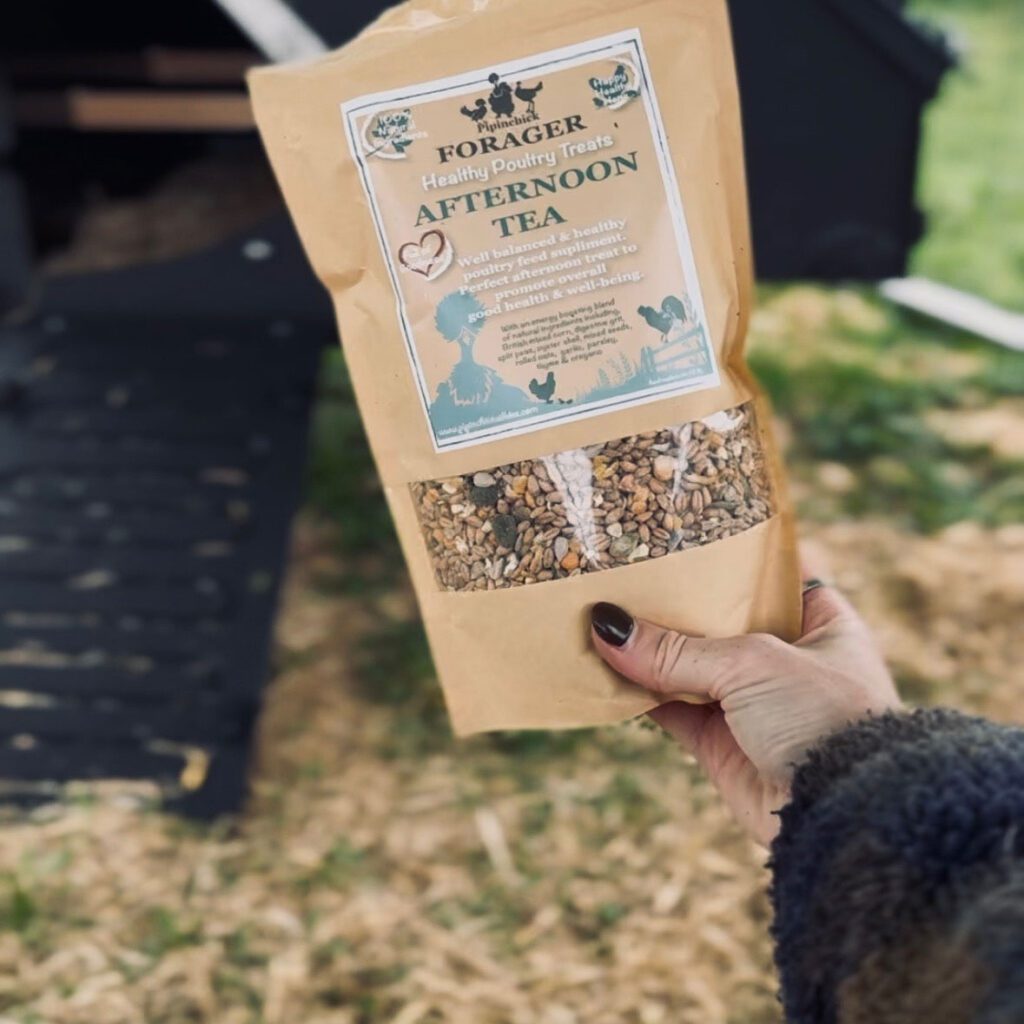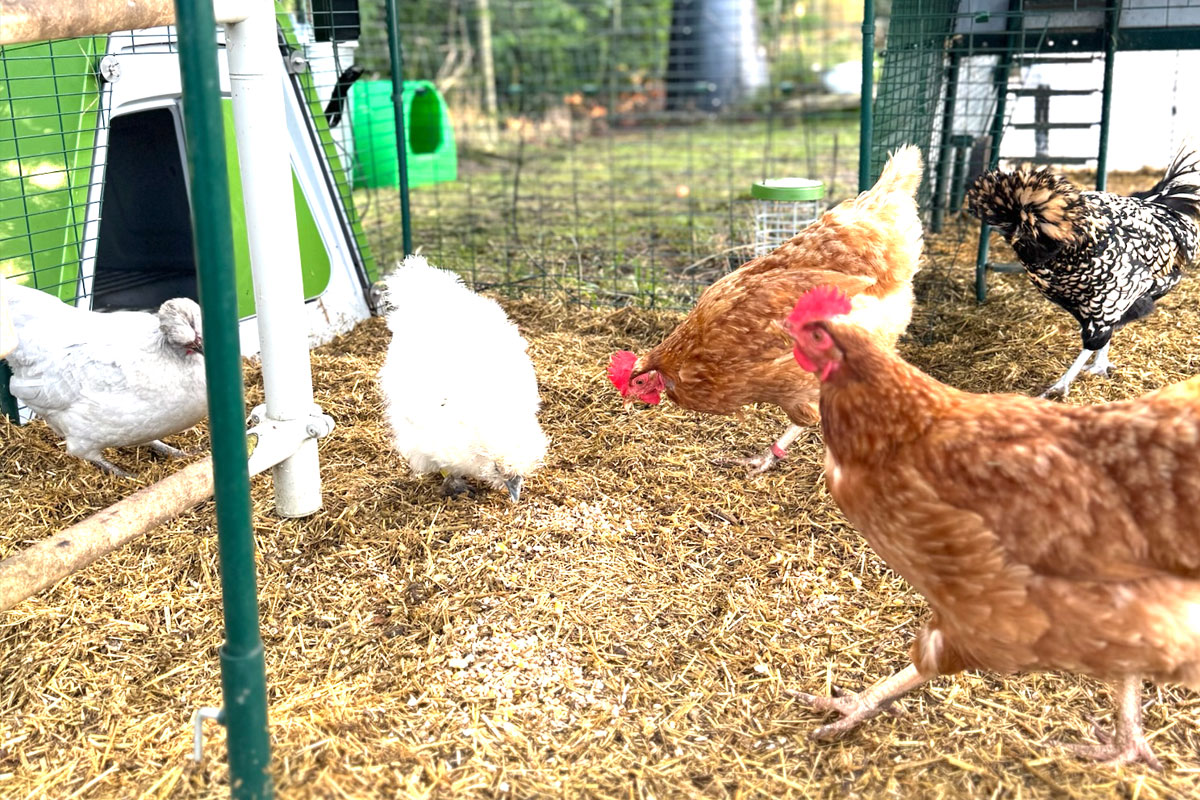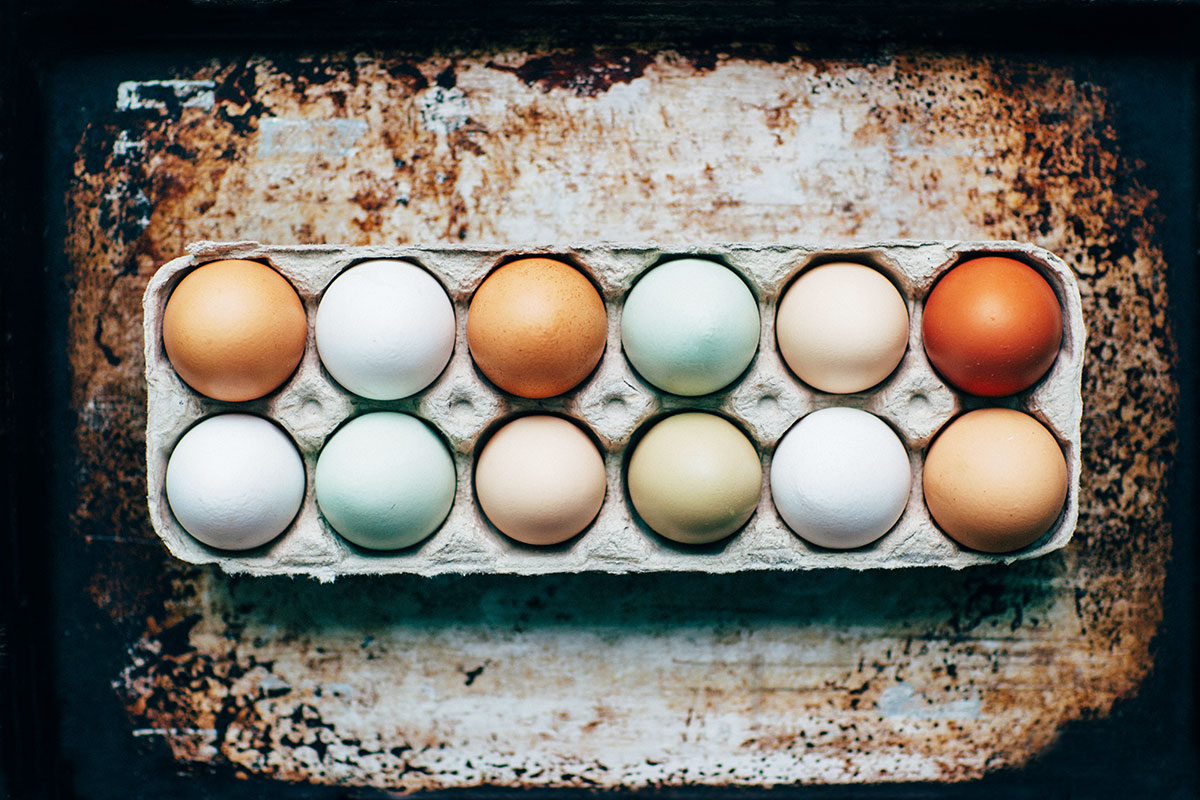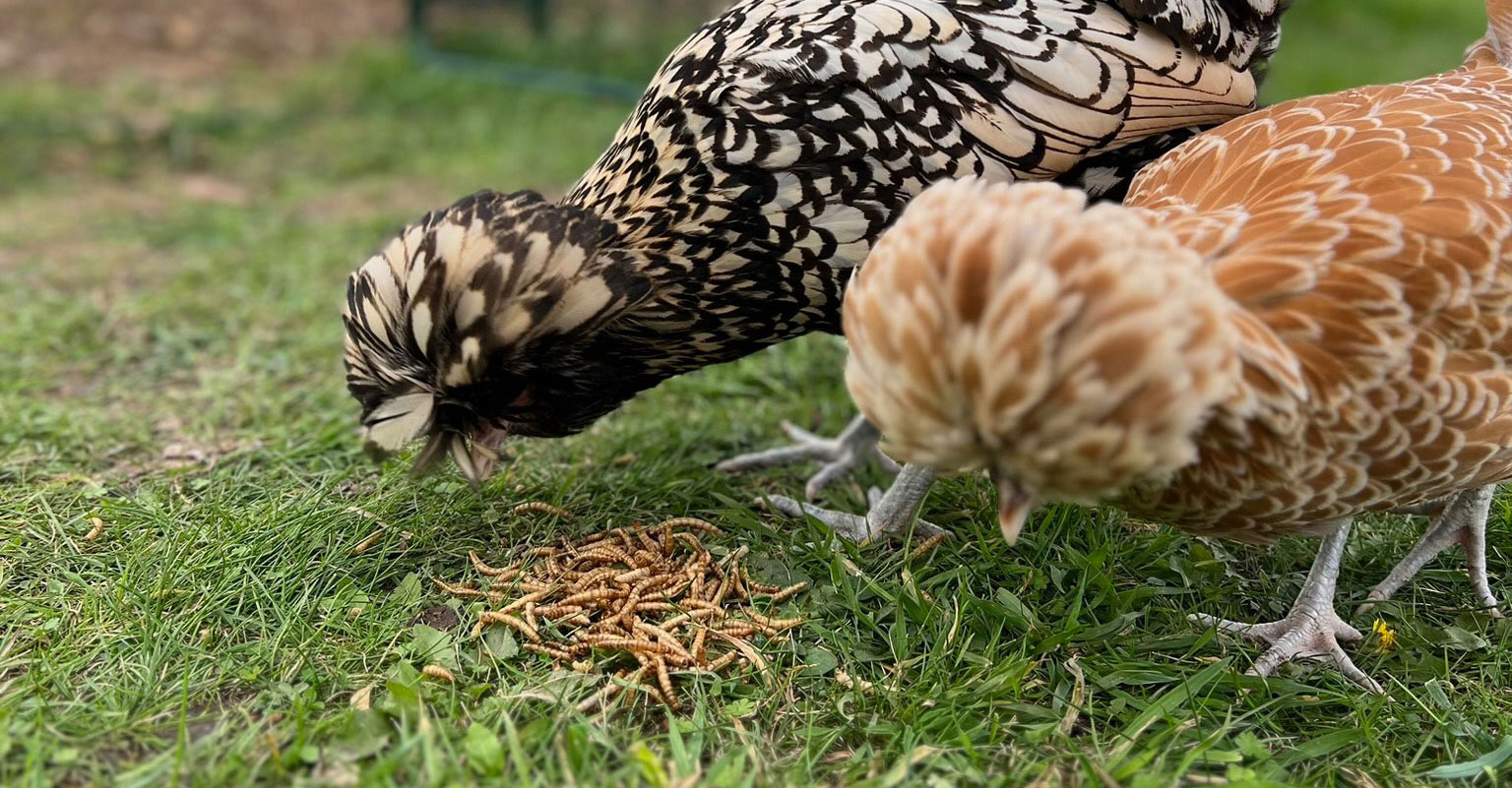


What Can’t You Feed Chickens?
We all love giving our hens little treats from the kitchen, but not everything that’s good for us is safe for them. In fact, some foods can make your flock very poorly, and a few are outright poisonous. Knowing what not to feed your chickens is just as important as knowing what they should eat.
Dangerous Foods for Chickens
There are some foods that should never make their way into the run because they are actually very poisonous for chickens. These are the key ones to avoid:
- Avocado skins and pits – Avocados contain a toxin called persin. While the flesh is safe in tiny amounts, the skin and pits can cause breathing problems, heart failure and even sudden death in chickens.
- Raw or dried beans – Beans contain lectins, which are highly toxic if they’re not thoroughly cooked. Just a small handful of raw or dried beans can be fatal for your poor pet chicken.
- Raw green potato skins – Potatoes that have turned green contain solanine, a toxin that can affect the nervous system and cause serious illness. Cooked potatoes are safe, but avoid any with green skins.
- Rhubarb and tomato plants – The stems and leaves contain oxalic acid and solanine, both of which are harmful. Stick to ripe tomatoes only.
- Chocolate – A treat for us, but dangerous for chickens. The theobromine in chocolate is toxic to birds, just as it is for dogs.
- Apple seeds – Apples themselves are a healthy snack, but the seeds contain cyanide. A few seeds may not cause instant harm, but if eaten in quantity they can build up to a dangerous dose.
- Apricot pits and leaves – These also contain cyanide compounds and should be kept well away from your birds.
Foods That Can Cause Problems
Not all foods are instantly poisonous, but that doesn’t mean they’re good for your hens. These can cause health issues if fed regularly or in large amounts:
- Mouldy food – Whether it’s leftover pellets or old scraps, mould can cause digestive upsets and even infections such as vent gleet. Always feed fresh.
- Citrus fruits – While not toxic, citrus can interfere with calcium absorption and reduce egg production. Best to avoid.
- Onions – Large quantities can damage red blood cells and lead to anaemia.
- Wild mushrooms – Just as some fungi are toxic to humans, many are toxic to chickens. It’s safest to stop your hens eating any wild mushrooms in the garden.
- Lawnmower clippings – Although grass is fine, clippings ferment quickly, producing harmful bacteria and gases in the crop.
Why These Foods Are Harmful to Hens
Chickens have delicate digestive systems compared to us. They don’t produce the same enzymes to break down toxins, and their small bodies mean even tiny amounts of harmful substances can have a big impact. Problems can range from reduced egg laying and poor feather quality to sudden illness and, in the worst cases, death. By avoiding these foods entirely, you remove the risk.
What Can Chickens Eat?
The good news is there are plenty of safe, healthy and tasty options for your flock. A balanced diet should always start with a complete feed, as this ensures your hens get all the essential vitamins and minerals they need for growth, feathering and egg production.
At Pipinchick, we stock a wide range of trusted feeds from brands like Fancy Feed and Crediton Milling. These include:
- Fancy Feed Layers Pellets – a reliable daily feed that supports strong shells and steady laying.
- Crediton Milling Growers Pellets – ideal for young birds finding their feet.
- Fancy Feed Mixed Corn and Supreme Mixed Corn – a perfect afternoon treat to scatter in the run, keeping hens busy and content.
Protein-rich extras like mealworms, calci worms, and morio worms are brilliant for boosting nutrition, especially during moulting. And for a fun way to reduce boredom, our Silvermoor Alfalfa Peck Swingers give your hens something to peck at while adding valuable fibre.
Supplements also play a part in a healthy diet. Our Natures Grub Garlic & Herb Superfood and Healthy Hen Herbscan support immunity and egg quality naturally.
You can find out more about feeding your chickens here. (Link to other blog)
Tips for Feeding Your Flock Safely
- Introduce new foods slowly, watching for any changes in droppings or behaviour.
- Keep the run tidy. Remove uneaten food at the end of the day to avoid attracting pests or letting it spoil.
- Offer grit or oyster shell to support digestion and calcium levels.
By sticking to safe foods and high-quality feeds, you’ll ensure your flock gets the nutrition they need without the risks.
Find Healthy Feeds and Treats at Pipinchick
Looking after your hens means giving them the right balance of nutrition and care. At Pipinchick, we don’t just raise and sell beautiful, healthy chickens, we also stock everything you need to keep them thriving. From complete feeds and mixed corn to live grubs, natural supplements and boredom-busting treats, our range makes it easy to keep your flock both healthy and happy.
Explore our Chicken Feed and Treats and discover everything from staple feeds to seasonal extras. With the right diet, your hens will reward you with bright eyes, glossy feathers and a basket full of eggs.
